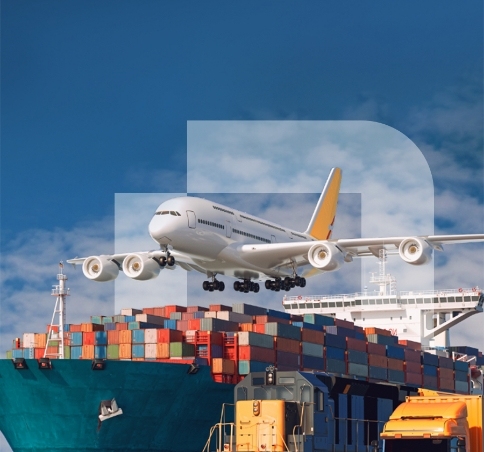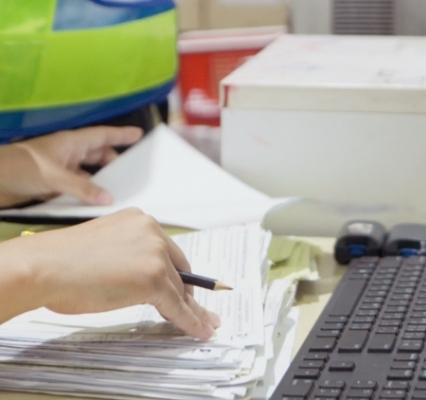News and Articles
The first meeting regarding the Thailand-European Union Free Trade negotiations

The first meeting regarding the Free Trade Agreement (FTA) negotiations between Thailand and the European Union (EU) is scheduled for September 2023 in Brussels.
Ms. Oranuch Sripaiwanthamm, the Director-General of the Department of Trade Negotiations (DTN), stated that the Thai team involved in FTA negotiations between Thailand and the European Union (EU) met with Christophe Kiener, the Head of Unit for Southeast Asia and the Pacific at the European Commission, on Tuesday, July 25, 2023.
The purpose of this meeting is to discuss preparations for the FTA negotiations between Thailand and the EU. These negotiations will occur in three rounds, with plans for additional meetings if necessary.
Thailand has established 19 negotiation teams, each addressing various key areas such as trade between Thailand and the EU, rules of origin, customs procedures, trade facilitation, trade remedies, and technical barriers to trade. The first meeting is hosted by the EU in Brussels, while Thailand will host the next round of negotiations in Bangkok in January 2024. The subsequent meeting will return to Brussels in June 2024.
Minister of Commerce, Jurin Laksanawisit, and Valdis Dombrovskis, the European Commission's Executive Vice-President for an Economy that Works for People, are supportive of initiating FTA negotiations between Thailand and the EU in March 2026, with the aim of achieving an agreement by 2028.
Overall, international trade between Thailand and EU member countries in the first five months of 2023 amounted to 599.36 billion Thai Baht (17.59 billion USD). Thailand's exports to the EU totaled 319.87 billion Thai Baht (9.39 billion USD). Key exports to the EU include computers and computer components, jewelry, air conditioning equipment and components, as well as rubber products. Thailand's imports from EU member countries in the previous year amounted to 279.46 billion Thai Baht (8.20 billion USD). Key imports from the EU include machinery and components, pharmaceuticals, chemicals, electrical machinery, and components.








